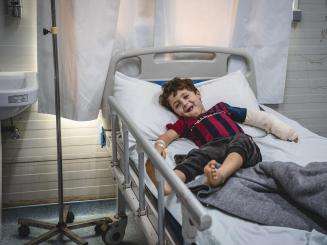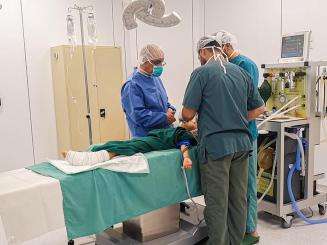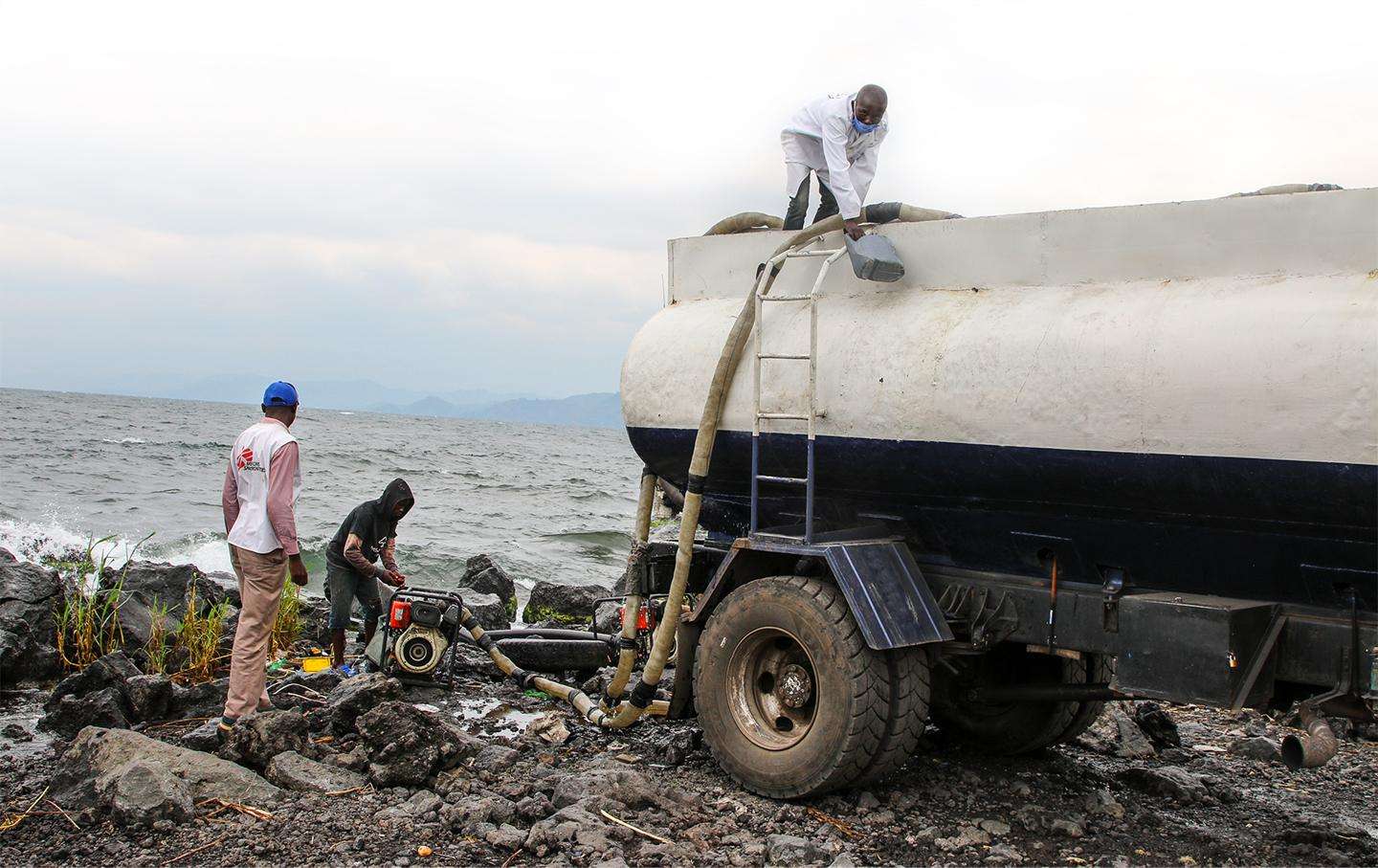Sudan: After famine declaration, catastrophic malnutrition in Zamzam camp is only getting worse
News Sep 13, 2024
Get the latest news, stories, videos, and more from our medical humanitarian projects around the world.

News Sep 13, 2024
Speaking out about the emergencies our staff and patients witness is part of who we are. Explore our history and principles.
Story | May 07, 2024
As Mosul recovers from deadly violence, MSF hands over activities at the hospital we opened during the war.
Read More
Story | Jul 19, 2021
“Patients staying at our facility often tell us that they don’t know what they would have done if we weren’t here."
Read More

Your unrestricted gifts enable us to provide lifesaving medical humanitarian care on the ground and speak out about what we see.